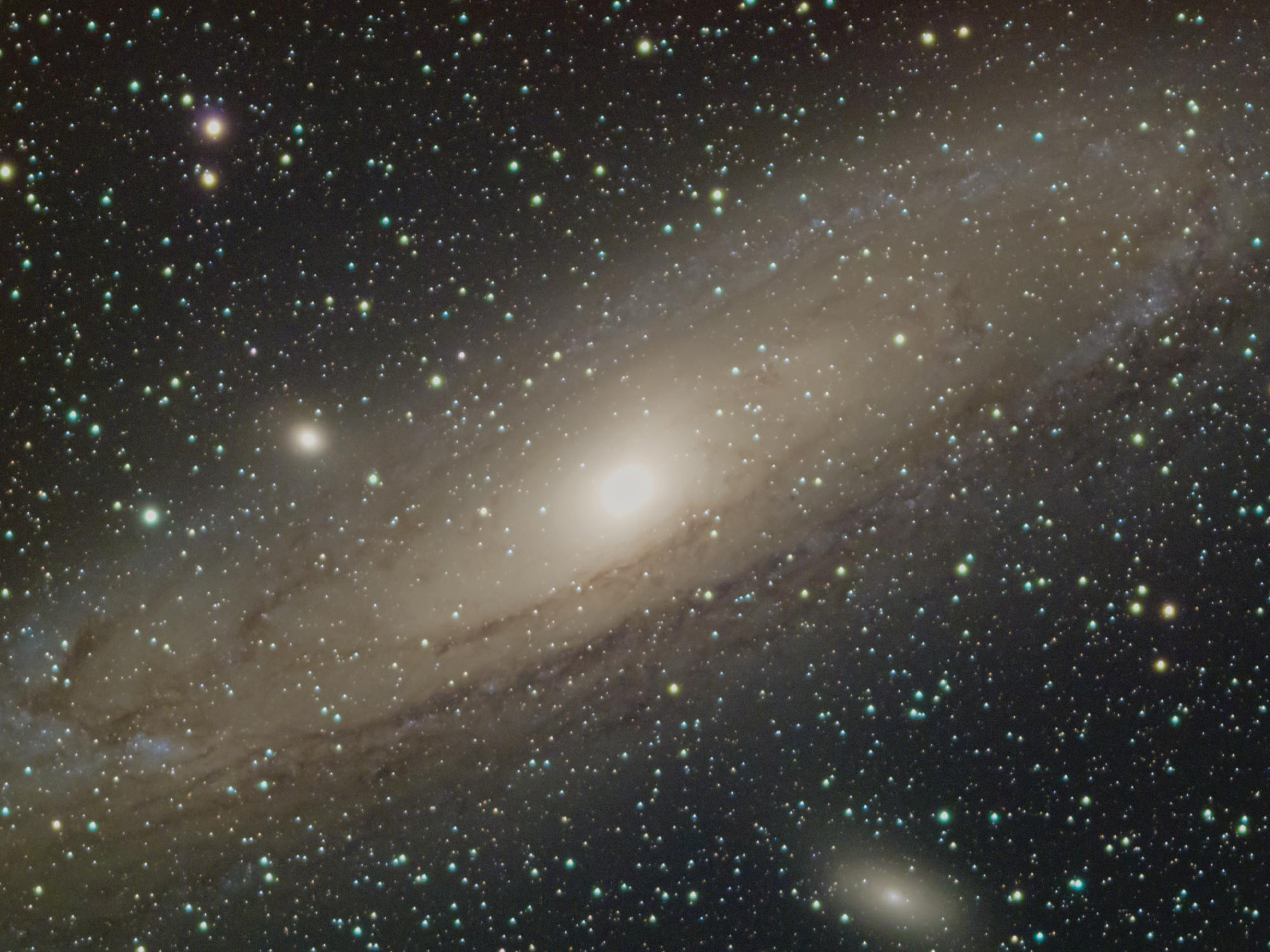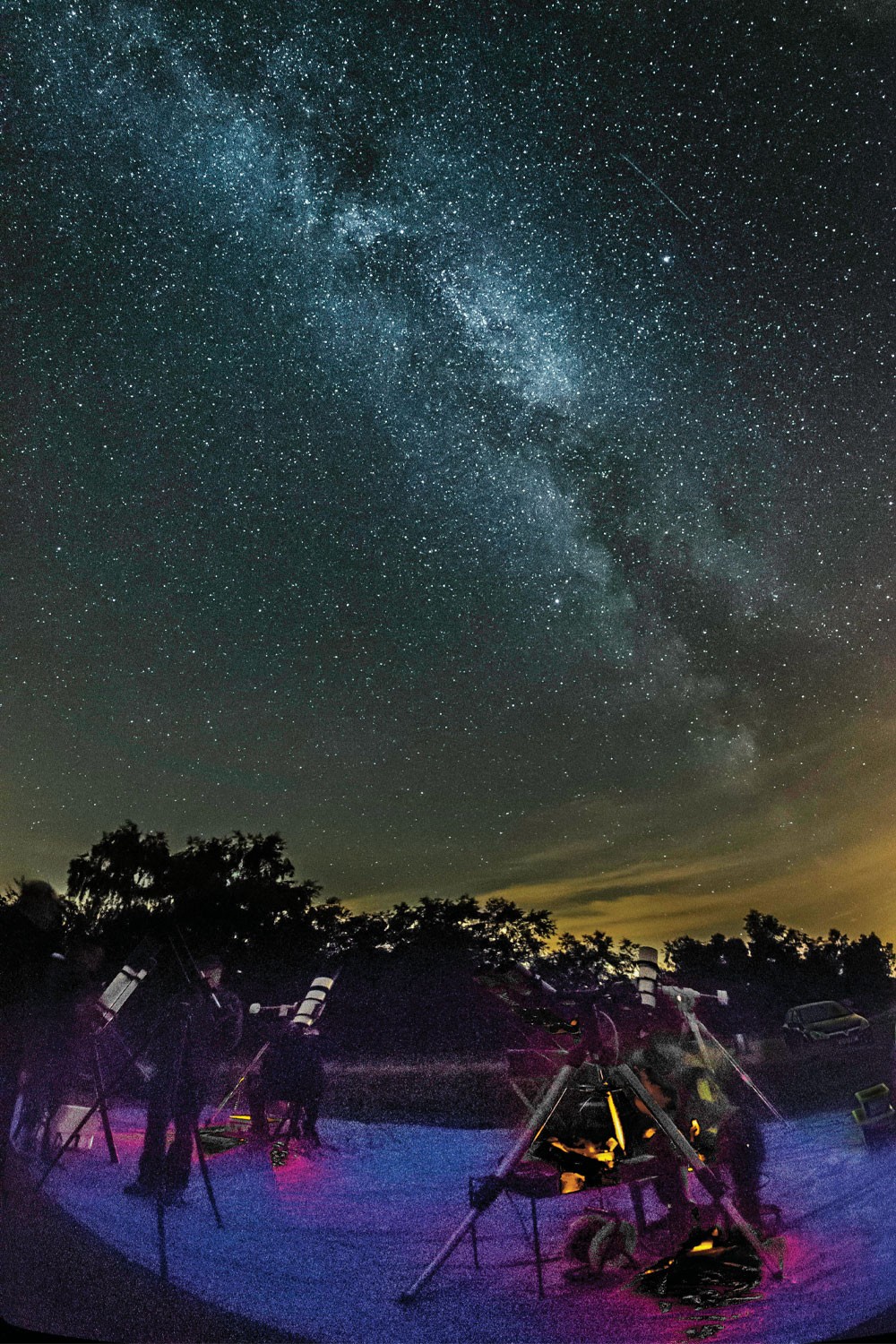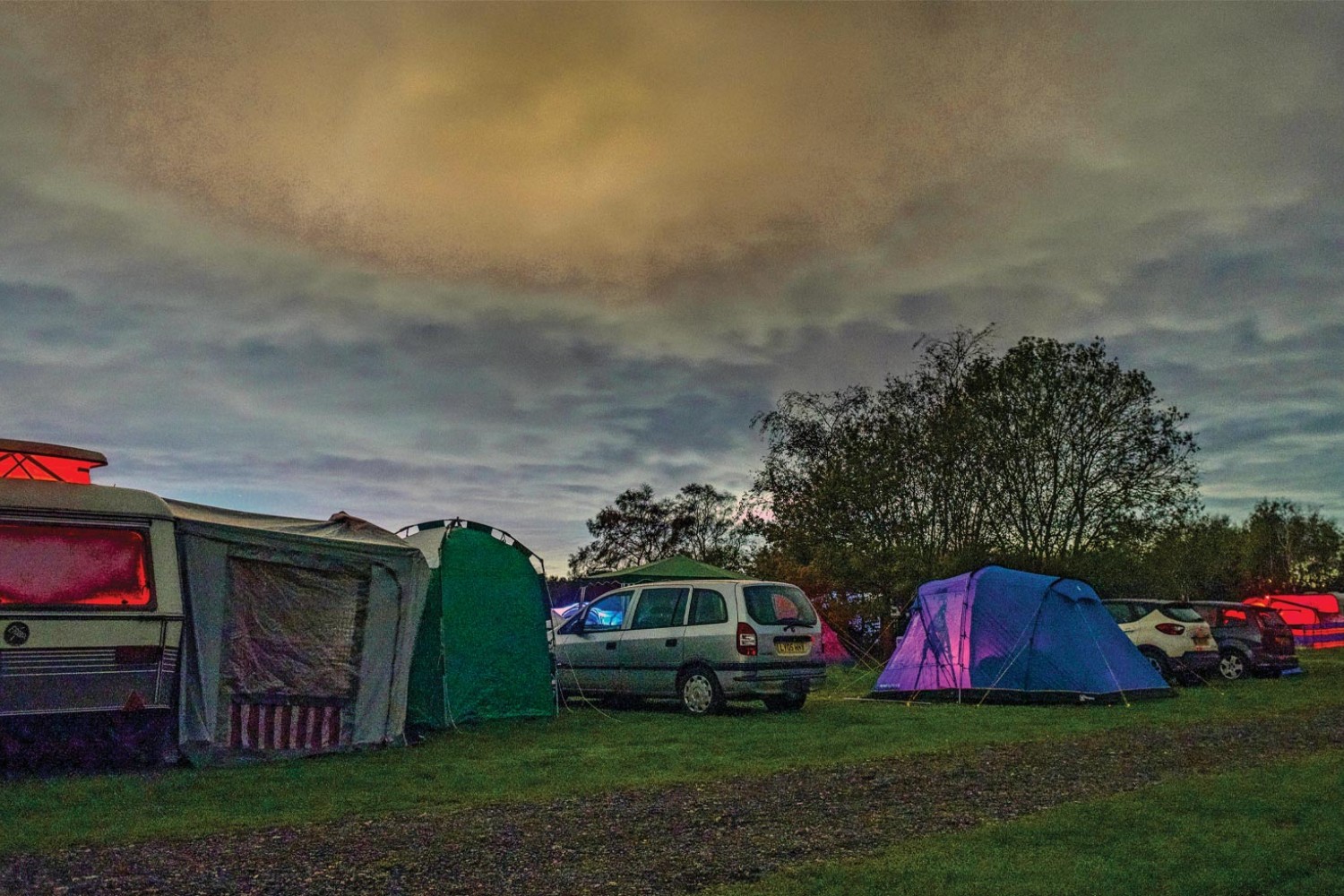
An award-winning site for stargazing
As we move into winter and the nights draw in, Kelling Heath provides the perfect conditions for an unforgettable stargazing long weekend; Winterfest
Better known for its woodland lodges, holiday homes and camping pitches, Kelling Heath Holiday Park located near Holt is one of the best places in England to enjoy dark starry skies. The site has been awarded the highest ‘two star’ accolade as an official ‘Dark Sky Discovery Site’, meaning that the seven stars of the Orion constellation and the Milky Way can be viewed with the naked eye from the park.
Kelling Heath is set amongst 300 acres of woodland and rare open heathland in an Area of Outstanding Natural Beauty. “We are very lucky here in our little corner of the planet,” says Hayley Musson, PR manager, “not only does Norfolk boast beautiful countryside and expansive skies, but North Norfolk also enjoys less light pollution making it an ideal spot for stargazing.”
This year, on 24th-28th November, Kelling Heath will be holding ‘Winterfest’, an occasion for astronomers and enthusiasts to come together and observe the night sky. The weekend is planned to coincide with a new moon when the skies are at their darkest providing the best opportunity to see some awe-inspiring sky scenes. Lighting at Kelling Heath is kept to a minimum to prevent light pollution from spoiling the night sky and during the festival most lights in touring areas are turned off with visitors encouraged to use red lights which restrict glare and support night vision.
“Big constellations like Orion and Taurus will be right overhead,” explains Keith Venables, Fellow of the Royal Astronomical Society and regular astronomer at Kelling Heath’s Star Parties, “and this year Jupiter and Saturn will be visible too.”

“The sky at night is different throughout the year because of our rotation around the sun. We get different constellations shown to us at different times of the year.”
Some impressive details can be seen from Kelling Heath even with just a basic pair of binoculars or small telescope. “You can view the moons around Jupiter or the rings around Saturn,” Keith continues. “The Milky Way is quite stunning too. Most children grow up never having seen it, which is such a shame. It looks like a cloud or steam and it’s beautiful.”
Kelling Heath is one of 150 locations in the UK which have met the strict criteria of being an exceptionally dark site and, along with Wiveton Downs and Great Ellingham, is one of only three locations recognised in Norfolk. The British Astronomical Association’s Commission for Dark Skies also commended Kelling Heath for its commitment to educating guests and its work in protecting the area with a Good Lighting Award in 2019.
There are many additional benefits of experiencing the darkness that Kelling Heath can offer too. It’s especially important for insects and other wildlife. Visitors can observe the natural behaviour of wildlife foraging, breeding and migrating. Without sight as a primary aid, other senses such as hearing and smell become enhanced, bringing us closer to nature. The darkness can also help to regulate our natural body clock by stimulating the release of melatonin which has a positive effect on mental health and well-being.

As well as providing front row seats to the night sky, Kelling Heath has introduced a small, dedicated area of premium pitches in the Yellow Dragonfly Touring Field for Winterfest, which is ideal for star spotting. Guests can also choose to stay in one of Kelling Heath’s comfortable woodland lodges or a luxury holiday home.
“The chances of it being clear are about 50/50,” Keith says, “but the start of winter brings long, dark nights much welcomed by amateur astronomers. Although the weather can be unsettled, when it is clear it is usually very clear. Unfortunately, it is also often the case that the colder it is, the clearer the skies – so we recommend packing for your visit accordingly!”
Winterfest draws some of the UK’s keenest enthusiasts and is open to astronomers of all levels. “You will need to bring some form of equipment,” Keith explains. “Some of us have really big telescopes, up to 2.5m high, but a pair of binoculars will do. You will find astronomers to be a welcoming bunch. People are always happy to share ideas and a view through their telescope. Everyone learns from each other.”
Pictures: (top)A shot of the Andromeda Galaxy, commonly known as Messier 31, M31, or NGC 224, taken from above Kelling Heath by Andy Gannon
(middle) Skycamp Night telescopes by Brian Boggenpoel
(Above) Kelling Sky Camp night by Brian Boggenpoel
